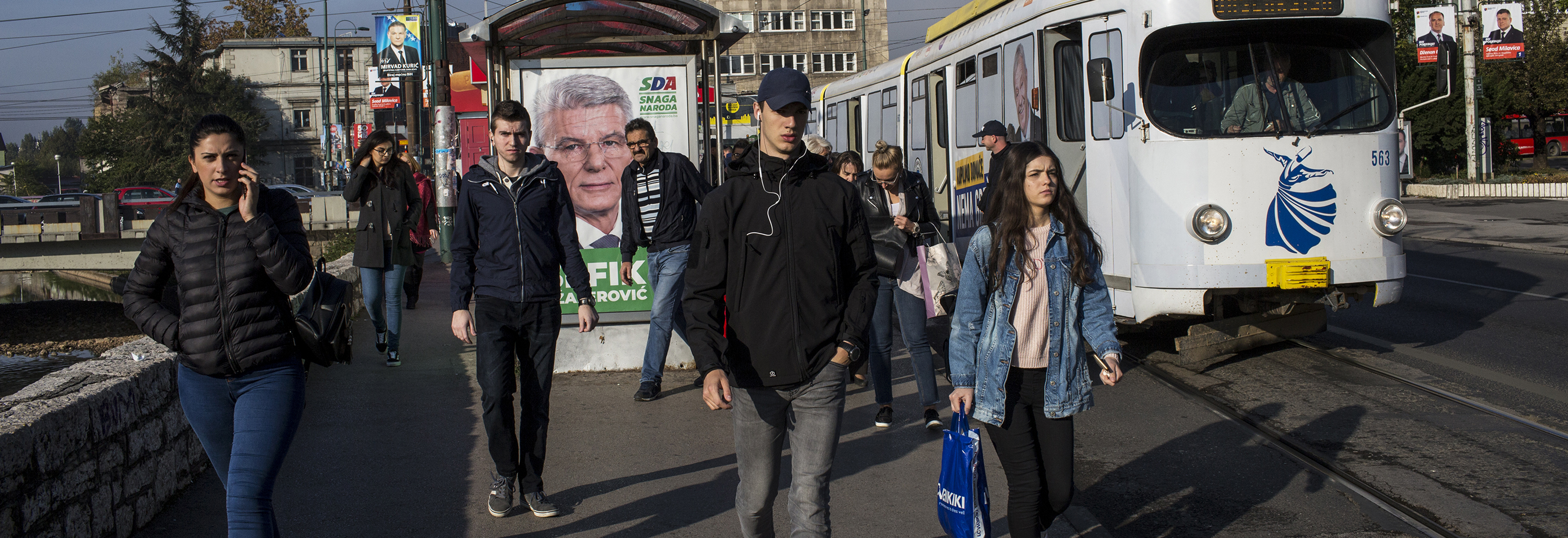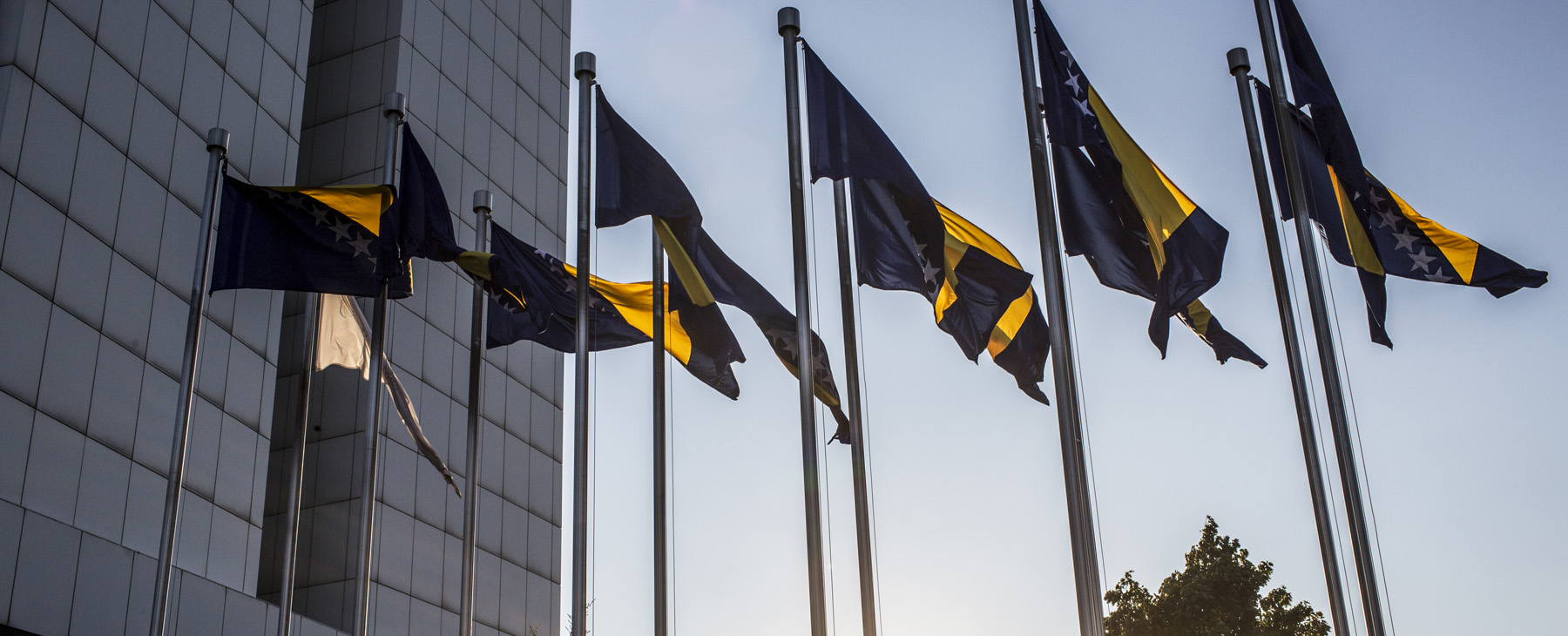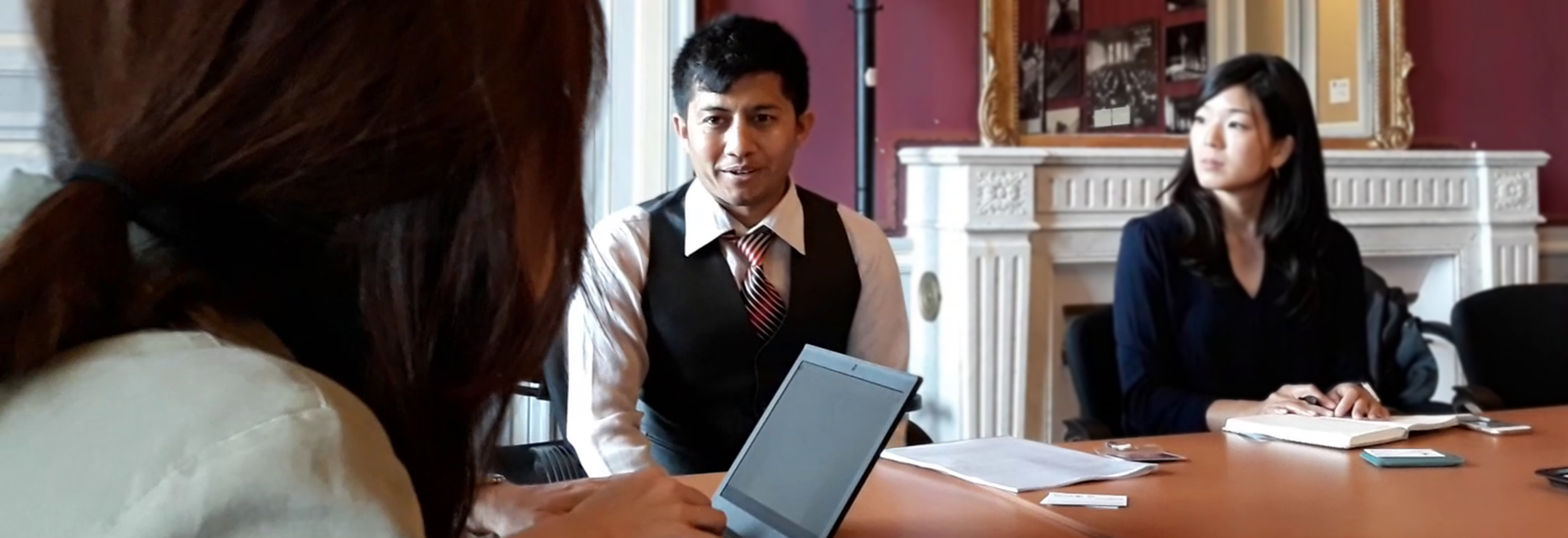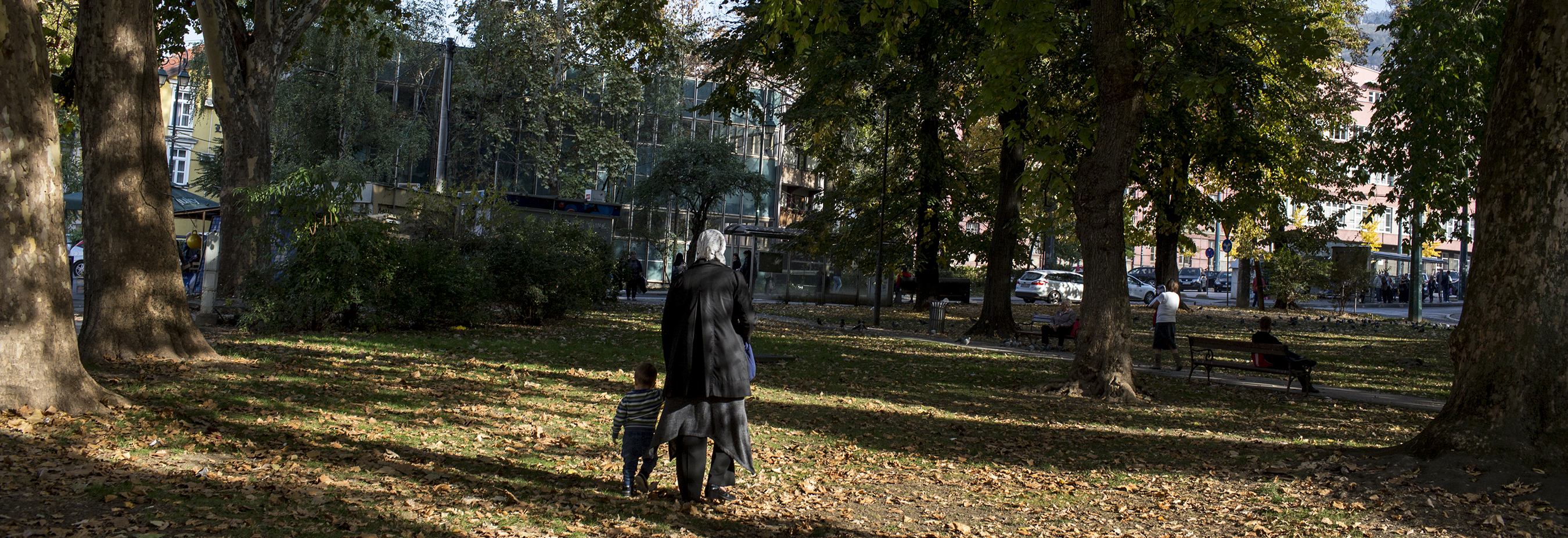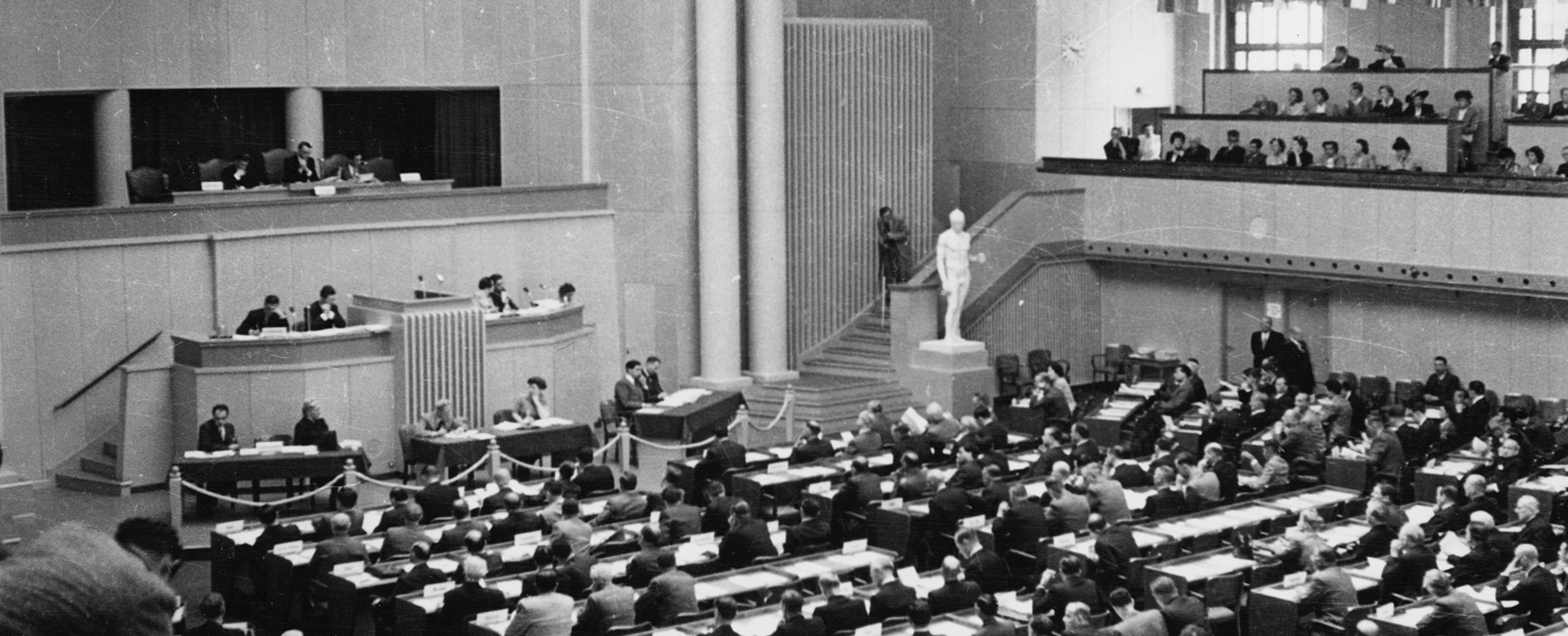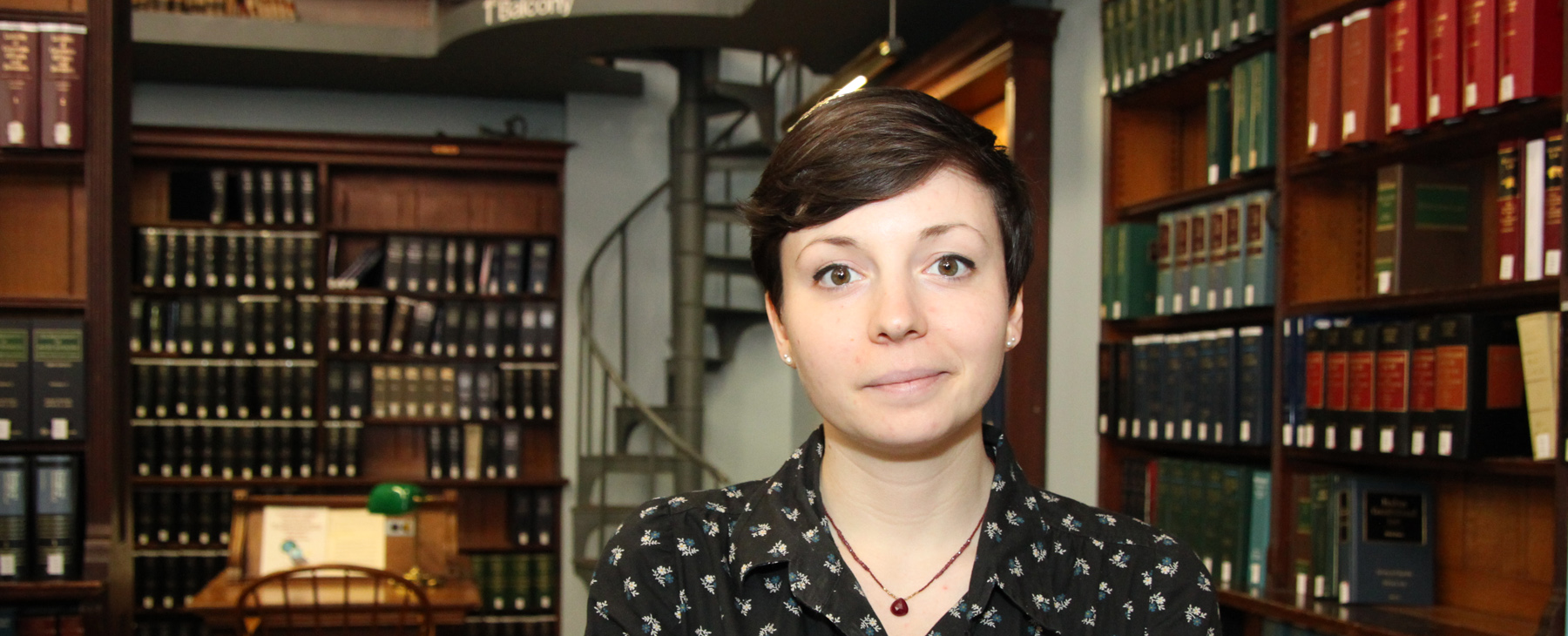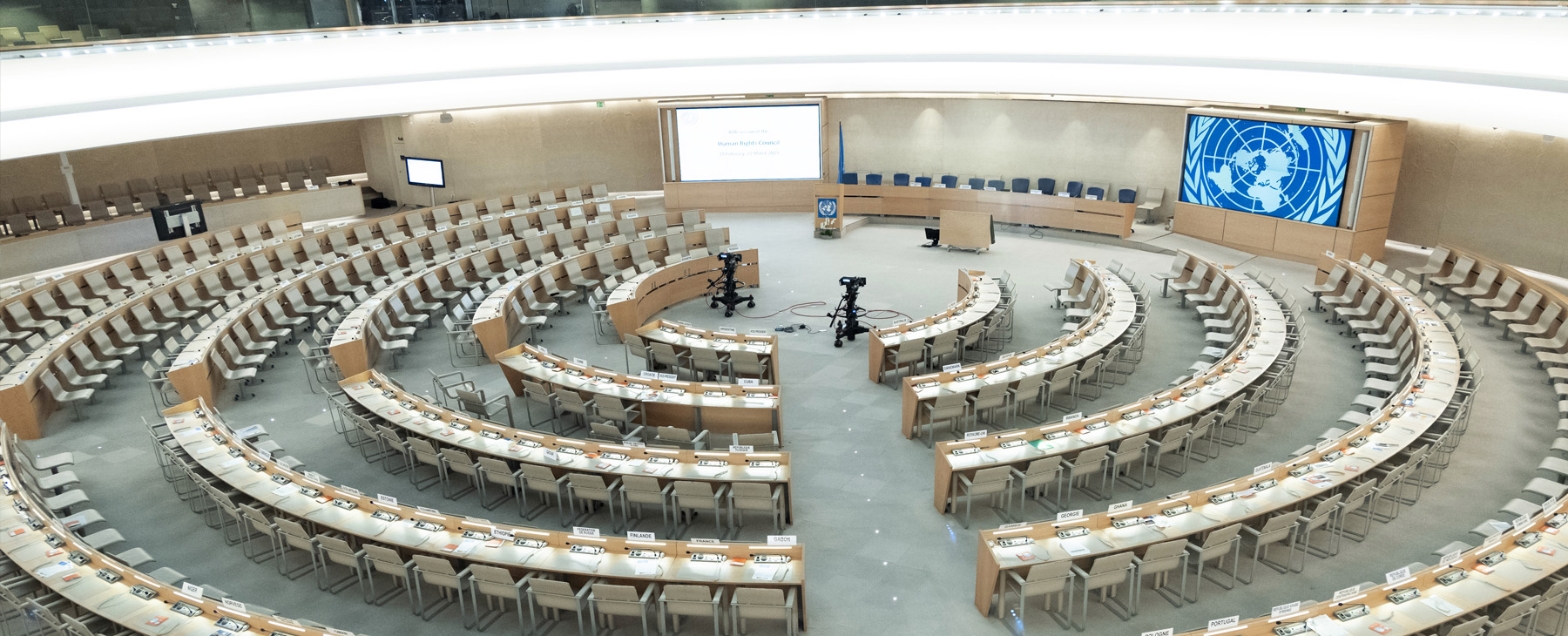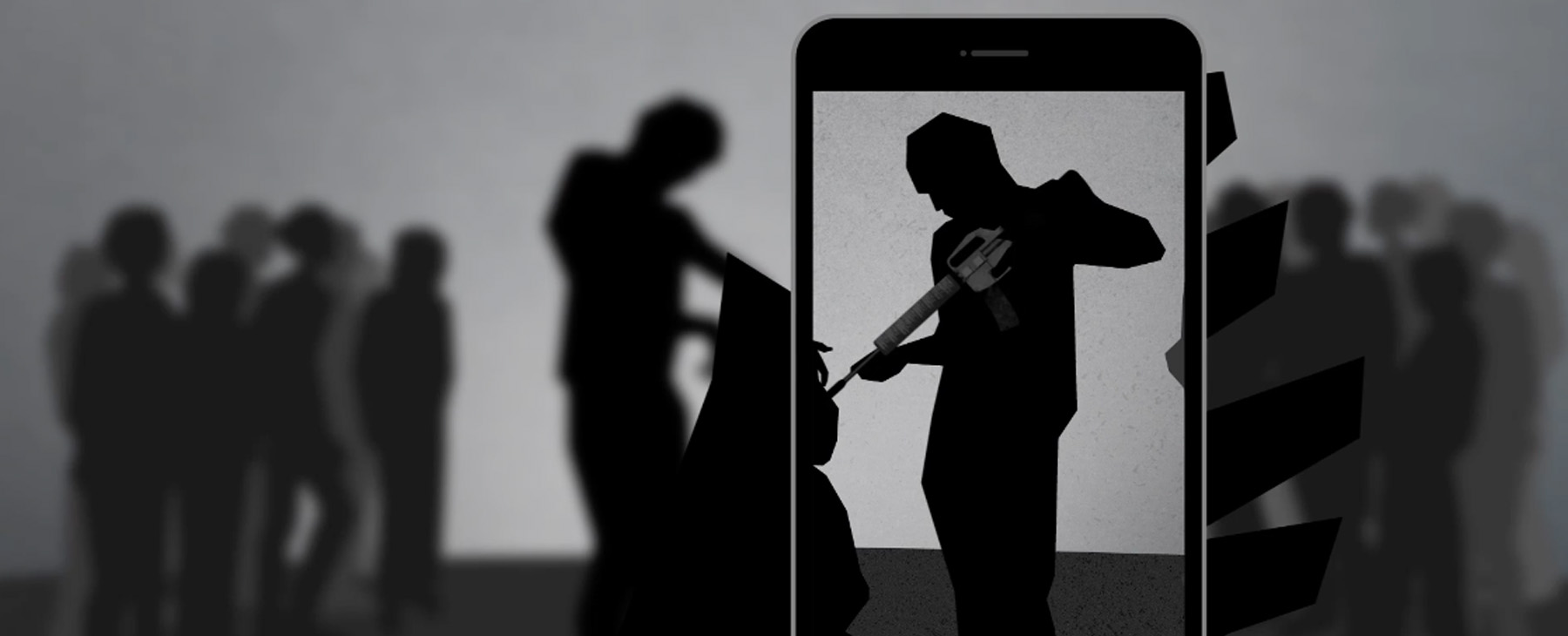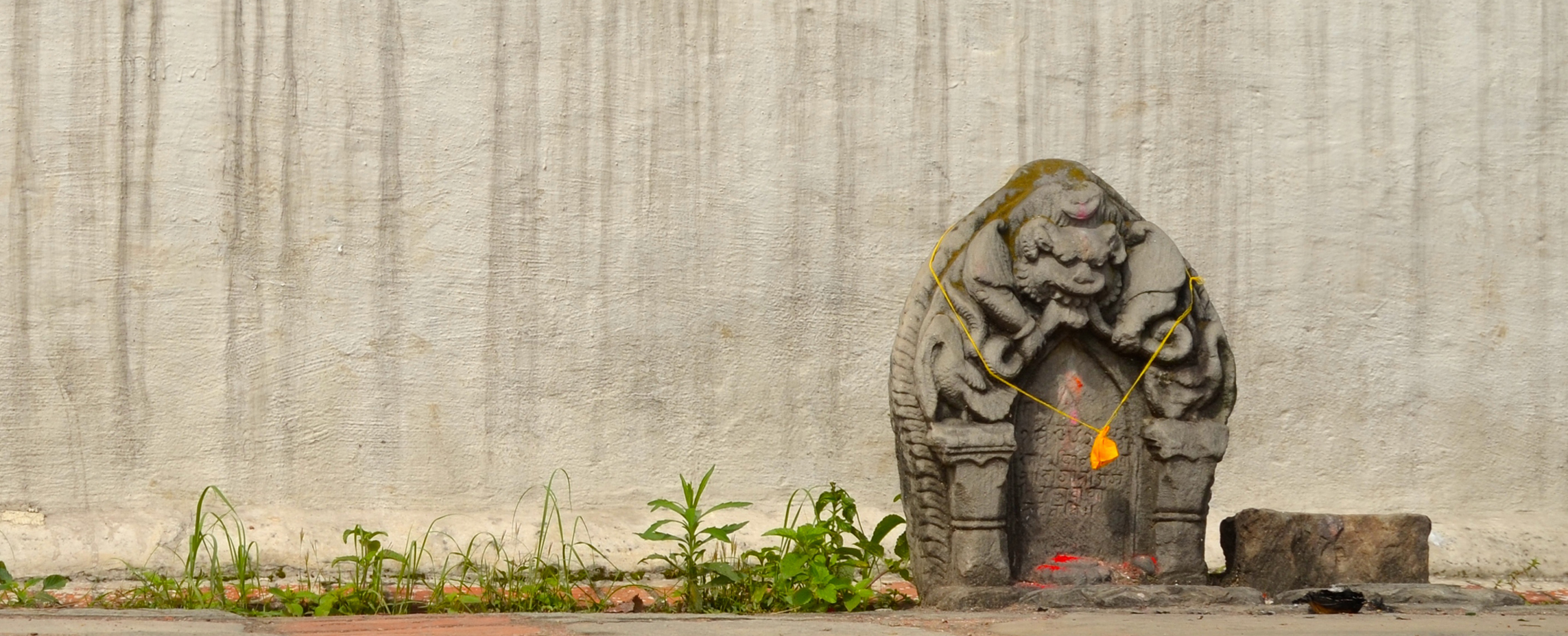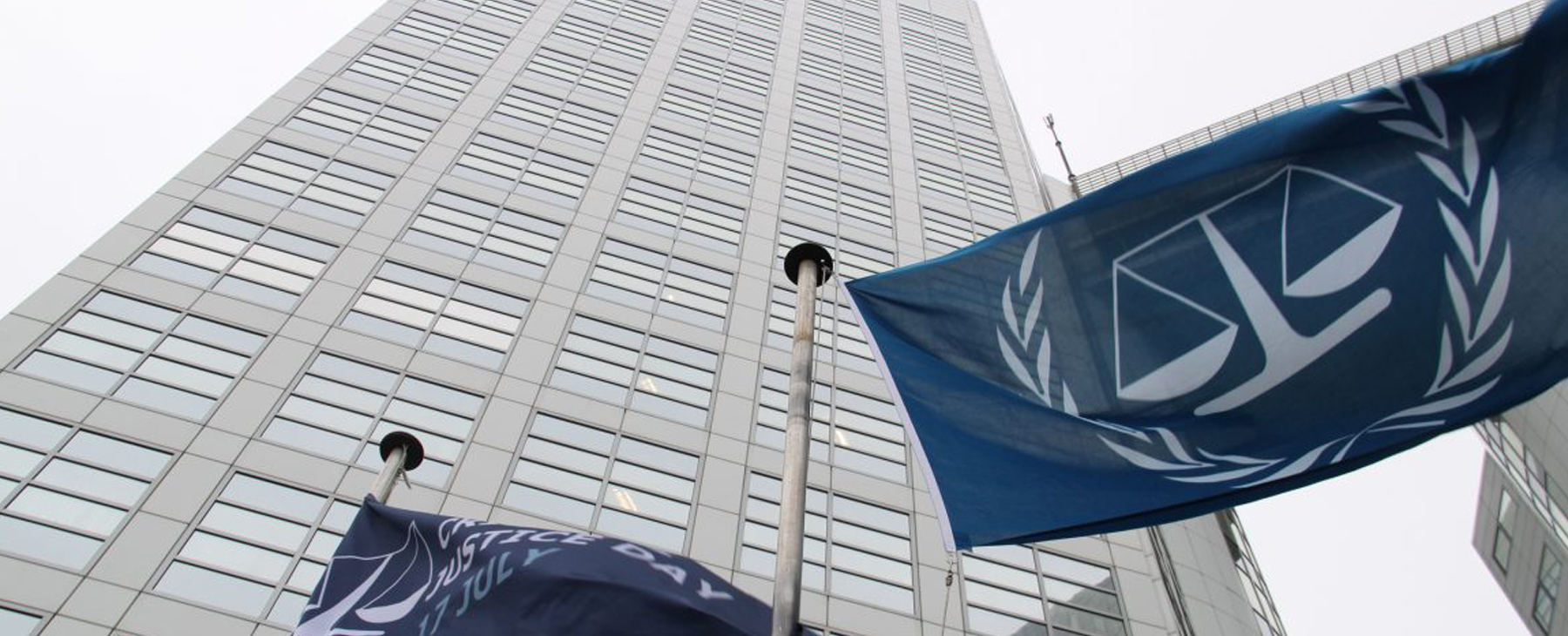On 4 September 2019, the United Nations Commission of Inquiry (CoI) presented its latest set of conclusions on the situation in Burundi. The only existing independent mechanism to monitor the country, it has warned of the high risks of human rights violations in the run-up to the elections.
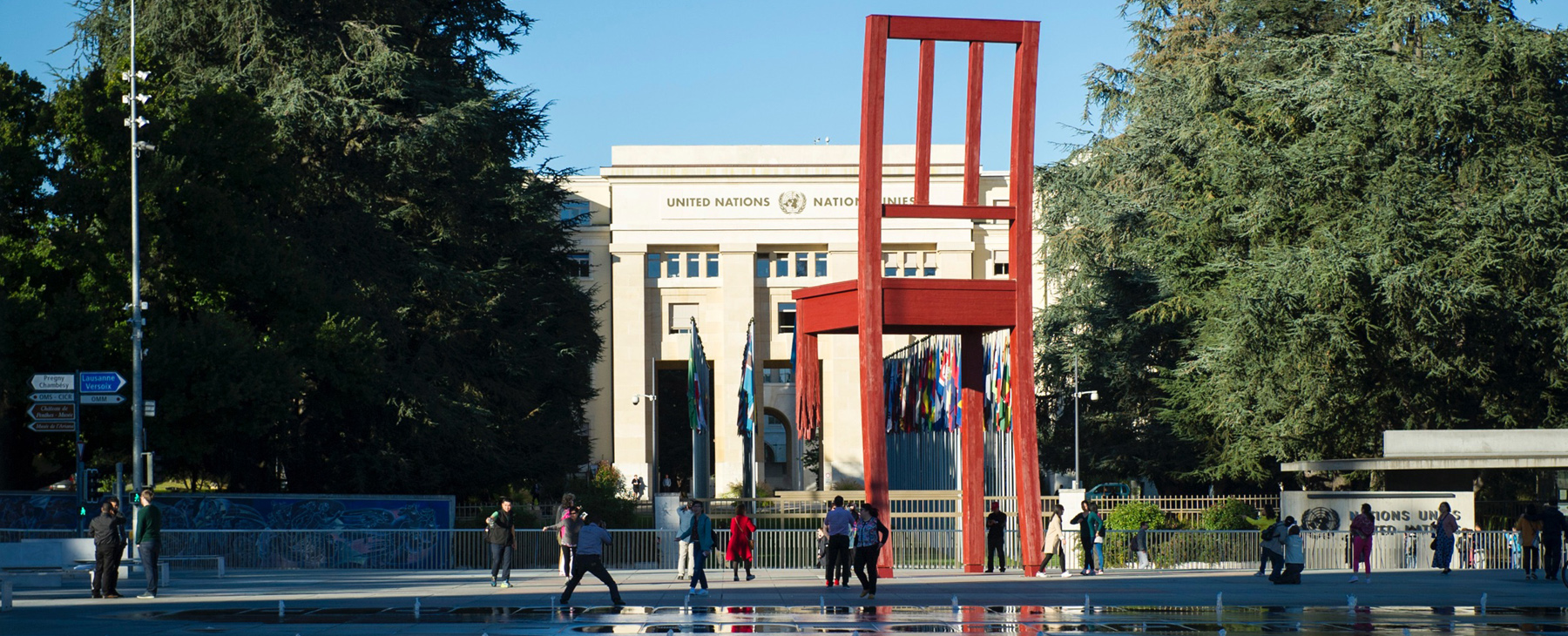
For the third year running, the three UN experts composing the CoI have reported that widespread and systematic abuseswere going on in Burundi. In the continuum of the previous years, extrajudicial killings, enforced disappearances, arbitrary arrests and detentions, torture and sexual violence have been rampant in the last 12 months.
Everyone is a suspect
Political opponents, in particular, are at risk of being persecuted. But according to the CoI, the definition of “political opposition” has now been broadened so much that it may include large parts of the population. Voicing dissenting is no longer required: perceived sympathy for any other party than the ruling one is sufficient. Even belonging to the family of a perceived “opponent” may lead to arrest, torture… or worse.
As a result, little-politicized citizens, including from very modest backgrounds, are now being targeted as dissenters. The CoI also emphasized that abuses were no longer confined to the capital Bujumbura: rural and isolated populations are now feeling the clamp-down, too.
The Commission identified another emerging category of victims: Burundian refugees returning from neighbouring countries. These findings contradict the government’s repeated claim that it is safe for exiled nationals to return.
Upcoming elections are likely to intensify violence
The UN experts have also warned that the 2020 presidential elections could further worsen the situation in Burundi. They called for “the utmost vigilance” from the international community and emphasized “the urgent need to implement (preventive) measures”. All eight common risk factors for criminal atrocities identified by the United Nations are satisfied in Burundi, according to the CoI.
Philip Grant, Executive Director of TRIAL International, agreed that international attention will be critical in the build-up to the elections: “The predominant feeling in Burundi is fear. People are scared to speak up, but this silence does not mean there are not abuses going on. We must not, in addition, give way to the government’s attempt to get rid of international monitoring. We must all come together to break this conspiracy of silence, and make sure Burundi stays high on the international agenda”.
Watch the full interview of Philip Grant, Executive Director of TRIAL International

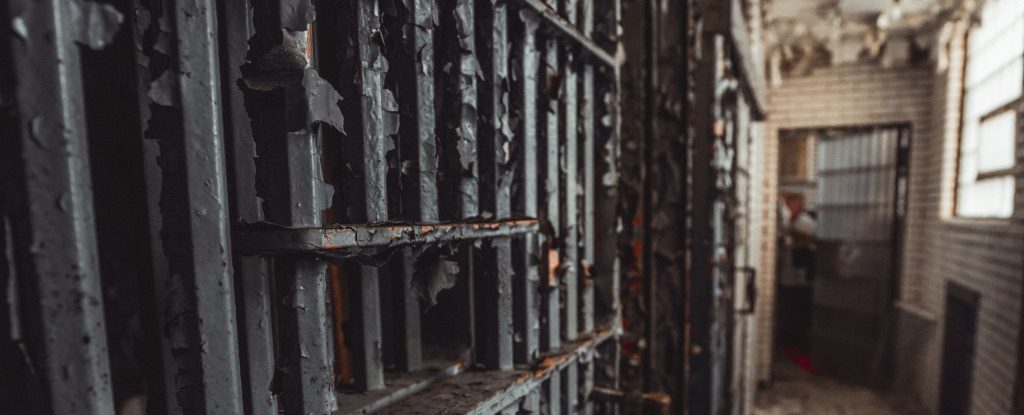 Too often, activists and political dissidents are punished for their opinions © Pexel
Too often, activists and political dissidents are punished for their opinions © Pexel